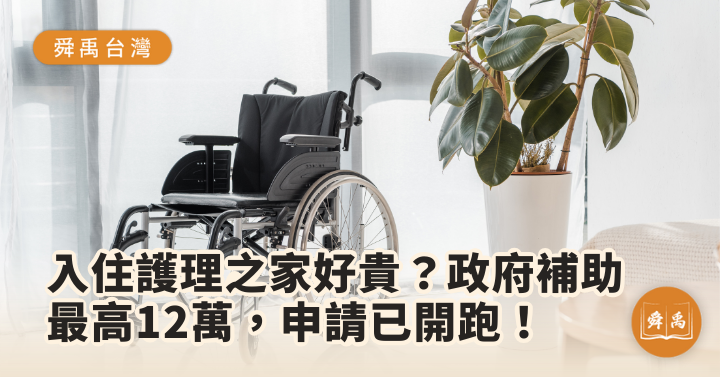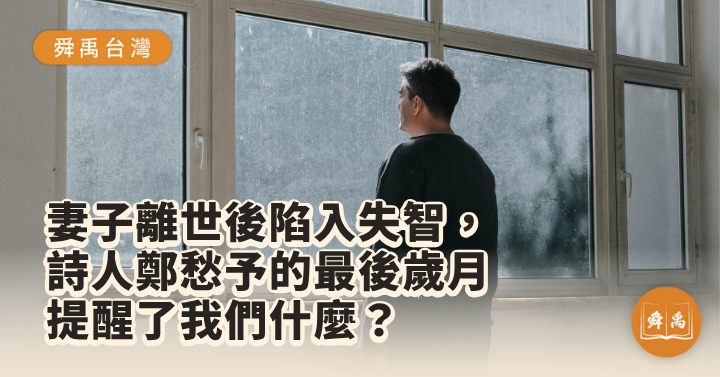深夜的客廳,燈光昏暗。你手裡拿著那張藍色的非自願離職證明,另一隻手握著孩子私立大學的註冊單。
這可能是許多「三明治族群」最無助的時刻。你怕的不是自己沒飯吃,而是怕你的「職涯斷層」,成了孩子「夢想中斷」的理由。你甚至不敢在餐桌上告訴孩子公司裁員的消息,只能默默算著存款,思考著哪一筆開支可以再省一點。
親愛的,請先深呼吸。失業並非人生落敗,而是一場「非自願的職涯長假」。在這個空檔,社會安全網的存在,就是為了接住像你這樣努力過、卻暫時感到疲憊的靈魂。
這不是救濟,而是你應得的「風險管理金」
很多人對於「申請補助」感到難為情,認為這是一種弱勢的標籤。但在舜禹學堂的視角裡,這完全是錯誤的認知。
如果將「家庭」視為一家公司,失業就是一次意外的「營運中斷」。而這些政府補助,本質上就像是你平時繳納勞保、稅金所換取回來的「營運中斷險理賠」。
這筆錢,不是施捨,而是讓你能夠在重整旗鼓、尋找下一個職涯高峰時,確保家庭這個組織能維持正常運轉的「核心週轉金」。
拆解 35,800 元的雙重防護網
針對家中有子女就讀私立大專校院的失業家長,新北市政府今年與中央聯手,準備了一份最高可達 35,800 元 的應援包。這不僅是數字的疊加,更是政府為您準備的兩道安全網:
• 第一道防線:中央勞動部的「就學補助金」
針對就讀國內私立大專校院的子女,勞動部先行提供最高 26,000 元 的補助。這筆錢是為了對沖私立學校較高的學雜費壓力,確保孩子的受教權不因家庭職涯變動而受挫。
• 第二道加碼:新北市政府的「生活扶助金」
如果您是設籍新北市的勞工,在通過勞動部審核後,新北市政府會再額外撥發最高 9,800 元 的生活扶助金。這項「加碼」的初衷,是為了填補失業期間家庭生活費的缺口。
• 最終應援總額:最高可達 35,800 元
這兩項補助合計後的金額,幾乎等同於私立大學半學期的學費負擔。請務必留意,新北市的加碼申請期限只到 2 月 9 日止,這是一場與時間的賽跑。
別讓經濟的焦慮,變成家庭的沉默隔離
在《舜禹學堂》的長期觀察中,我們發現「財務危機」往往伴隨著「心理危機」。當父母因為失業而感到愧疚時,孩子往往會因為體貼而變得卑微,甚至主動提出「我不要讀了、我去打工」。
這種「隱形的情緒成本」,有時比失業金更傷人。這正是補助真正的價值:買回家庭的從容。當你透過申請補助解決了眼前的帳單,你才有心理空間與孩子坐下來,告訴他:「爸爸/媽媽只是在換跑道,你的學業不會受影響,我們一起面對。」這筆錢,是用來守護家裡的餐桌笑聲。 讓舜禹學堂成為您的照護智庫
在人生的變動期,我們深知您需要的除了資金,還有更全面的資訊後援。
「舜禹學堂」長期致力於打造一個溫暖且專業的知識平台。我們不只關注政策面的補助細節,更關心每一位讀者在面對老後照顧、中高齡職涯轉型以及家庭資源配置時的迷惘。
我們相信,資訊不對稱不該成為家庭陷入困境的原因。在舜禹學堂,我們將複雜的法規化為溫馨的指引,將生冷的數據轉為感性的建議。無論是失業補助的申辦眉角,或是長照資源的媒合規劃,我們始終在您身後,提供最堅實的專業後援。
如果您在申請流程中遇到困難,或正為家庭的未來規劃感到焦慮,歡迎與我們聯繫。在人生的低谷,您不需要獨自背負所有重量。
「失業只是履歷上的空白,不代表生命失去了色彩;懂得運用資源,是守護家人的另一種才華。」











